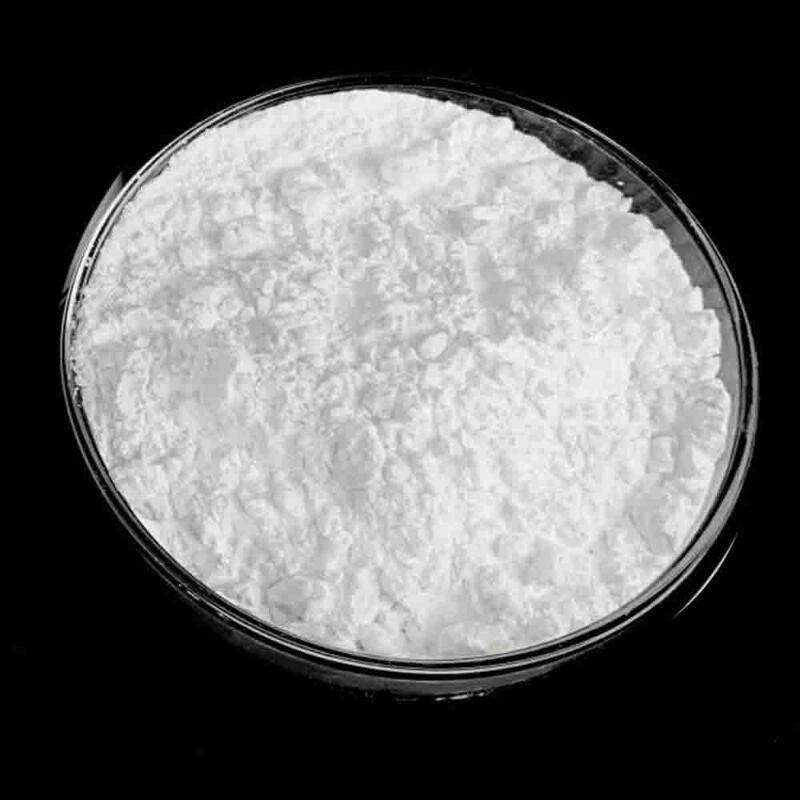-
Categories
-
Pharmaceutical Intermediates
-
Active Pharmaceutical Ingredients
-
Food Additives
- Industrial Coatings
- Agrochemicals
- Dyes and Pigments
- Surfactant
- Flavors and Fragrances
- Chemical Reagents
- Catalyst and Auxiliary
- Natural Products
- Inorganic Chemistry
-
Organic Chemistry
-
Biochemical Engineering
- Analytical Chemistry
-
Cosmetic Ingredient
- Water Treatment Chemical
-
Pharmaceutical Intermediates
Promotion
ECHEMI Mall
Wholesale
Weekly Price
Exhibition
News
-
Trade Service
Currently, the rise of immunotherapy has significantly changed the cancer treatment landscape
.
Cancer immunotherapy has achieved promising clinical success by harnessing cytotoxic T cells in the immune system to destroy cancer cells
Currently, the rise of immunotherapy has significantly changed the cancer treatment landscape
Recently, ProfessorZhang Feng 's teampublished a research paper entitled: CRISPR activation screen identifies BCL-2 proteins and B3GNT2 as drivers of cancer resistance to T cell-mediated cytotoxicity in the journal Nature Communications
The study found that BCL-2 and B3GNT2 are key drivers of cancer cell resistance to cytotoxic T cells through CRISPR activation screen (CRISPRa Screen) , and inhibition of these two proteins can enhance the sensitivity of tumor tissue to immunotherapy .
This result suggests that a CRISPR-activated screening system can help to elucidate resistance pathways and identify potential targets for cancer immunotherapy
I believe readers are no strangers to the CRISPR-Cas9 gene editing system, and its working principle is very simple: Cas9 protein is guided by gRNA to the target gene for gene editing
.
As its derivatives, the principle of the CRISPR activation system is similar, the only difference is that its effector protein is a dCas9 fusion protein that is inactivated by mutation and carries an activator
I believe readers are no strangers to the CRISPR-Cas9 gene editing system, and its working principle is very simple: Cas9 protein is guided by gRNA to the target gene for gene editing
In recent years, a large number of studies using large-scale loss-of-function gene screening using the CRISPR-Cas9 gene editing system have found many key genes that contribute to immune resistance, but have also reached the screening limit of the system - follow-up studies have even screened A candidate gene that is almost identical to the previous study was obtained
In contrast, CRISPR activation screening is an emerging area of research and has a larger screening range than the CRISPR-Cas9 gene editing system
Genome-scale CRISPR activation screen identifies candidate genes for resistance to T cell cytotoxicity
Genome-scale CRISPR activation screen identifies candidate genes for resistance to T cell cytotoxicityIn this latest study, Feng Zhang 's team conducted a genome-wide CRISPR activation screen to find the key drivers of cancer cell resistance to cytotoxic T cells
.
The researchers screened and identified four candidate genes—CD274 (PD-L1), MCL1, JUNB, and B3GNT2
In this latest study, Feng Zhang 's team performed a genome-wide CRISPR activation screen to find the key drivers of cancer cell resistance to cytotoxic T cells
CRISPR activation screen yields 4 candidate genes for resistance to T cell cytotoxicity
CRISPR activation screen yields 4 candidate genes for resistance to T cell cytotoxicityThe research team further explored the mechanism of action of these candidate genes
.
They found that MCL1 and JUNB promote immune resistance by regulating the mitochondrial apoptosis pathway: JUNB encodes a transcription factor that downregulates FasL and TRAIL receptors, and upregulates MCL1-related BCL2A1, which in turn activates the NF-κB pathway, which is closely related to mitochondrial apoptosis
The research team further explored the mechanism of action of these candidate genes
.
They found that MCL1 and JUNB promote immune resistance by regulating the mitochondrial apoptosis pathway: JUNB encodes a transcription factor that downregulates FasL and TRAIL receptors, and upregulates MCL1-related BCL2A1, which in turn activates the NF-κB pathway, which is closely related to mitochondrial apoptosis
.
MCL1 and JUNB mediate resistance to FasL- and TRAIL-induced cell death via the mitochondrial apoptotic pathway
MCL1 and JUNB mediate resistance to FasL- and TRAIL-induced cell death via the mitochondrial apoptotic pathwayAs for B3GNT2, it encodes a poly-N-acetylamino synthase that acts on more than 10 ligands and receptors in an orthogonal pathway, thereby interfering with the interaction between tumor and T cells, resulting in decreased T cell activation, thereby Induction of immunotherapy resistance in cancer cells
.
.
B3GNT2 disrupts ligand-receptor interactions between tumors and T cells
B3GNT2 disrupts ligand-receptor interactions between tumors and T cellsNot only that, in mouse tumor models, the research team confirmed that overexpression of these candidate genes enhanced the resistance of tumor-bearing mice to immunotherapy, while inhibiting these candidate genes would make tumor-bearing mice immune to Treatment is more sensitive
.
This proves that these candidate genes promote the development of immunotherapy resistance
.
.
This proves that these candidate genes promote the development of immunotherapy resistance
.
Inhibiting these candidate genes would make tumor-bearing mice more sensitive to immunotherapy
Inhibiting these candidate genes would make tumor-bearing mice more sensitive to immunotherapyTaken together, the above findings suggest that BCL-2 and B3GNT2 are key drivers of cancer cell resistance to cytotoxic T cells
.
More importantly, Zhang Feng's team also confirmed through this study that it is feasible to use the CRISPR-activated screening system to elucidate drug resistance pathways and identify potential therapeutic targets to expand the effectiveness of cancer immunotherapy, and there will be more in the future.
broader application prospects
.
.
More importantly, Zhang Feng's team also confirmed through this study that it is feasible to use the CRISPR-activated screening system to elucidate drug resistance pathways and identify potential therapeutic targets to expand the effectiveness of cancer immunotherapy, and there will be more in the future.
broader application prospects
.
BCL-2 B3GNT2
Paper link:
Paper link:https:// Leave a message here







